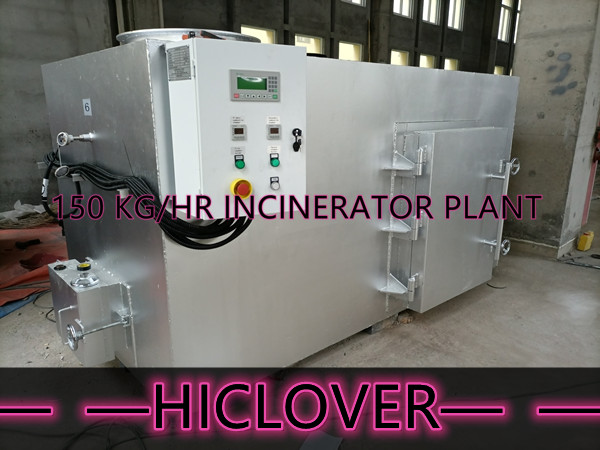Hospitals are essential for providing healthcare to individuals, but they also generate a significant amount of waste. This waste not only poses a risk to public health but also has a hidden environmental impact that is often overlooked. According to the World Health Organization, healthcare activities like diagnosis, treatment, and research produce a variety of waste streams, including infectious, hazardous, and non-hazardous waste. The improper management of hospital waste can have detrimental effects on the environment, and it is important to address this issue to protect our planet.
The environmental impact of hospital waste comes from various sources, such as energy consumption, water usage, and the disposal of hazardous materials. Energy is used in the operation of medical equipment, heating and cooling systems, and lighting, contributing to greenhouse gas emissions. Water is also a significant component of hospital waste, as it is used for sterilization, patient care, and sanitation. Additionally, the disposal of hazardous materials, such as chemicals, pharmaceuticals, and radioactive substances, can contaminate soil, water, and air if not managed properly.
To improve the management of hospital waste and reduce its environmental impact, it is crucial to implement sustainable practices and technologies. One effective way to address this issue is by promoting the use of environmentally friendly products and materials. Hospitals can switch to reusable and recyclable items, such as medical supplies, linens, and containers, to reduce waste generation and conserve resources. Additionally, the implementation of energy-efficient technologies and renewable energy sources can help minimize the environmental footprint of healthcare facilities.
Proper waste segregation and disposal are also essential aspects of improving the management of hospital waste. Healthcare facilities must ensure that different types of waste are separated and processed accordingly to prevent contamination and pollution. This includes the safe handling and disposal of infectious, hazardous, and pharmaceutical waste to avoid negative impacts on the environment. Hospitals can also explore waste-to-energy technologies and incineration to convert non-recyclable waste into energy, reducing the amount of waste sent to landfills.
Furthermore, education and training for healthcare staff are key to promoting sustainable waste management practices. Hospitals should provide comprehensive training on waste segregation, recycling, and the proper handling of hazardous materials to ensure that employees are equipped with the necessary knowledge and skills. Creating a culture of environmental responsibility within healthcare facilities will encourage staff to actively participate in waste reduction and conservation efforts, ultimately improving the environmental impact of hospital waste.
In conclusion, the environmental impact of hospital waste is a significant issue that requires attention and action. By implementing sustainable practices, promoting the use of environmentally friendly products and materials, and educating healthcare staff, hospitals can reduce their environmental footprint and contribute to the preservation of the planet. It is essential for healthcare facilities to prioritize the responsible management of waste to protect the environment and create a healthier, greener future for all.



